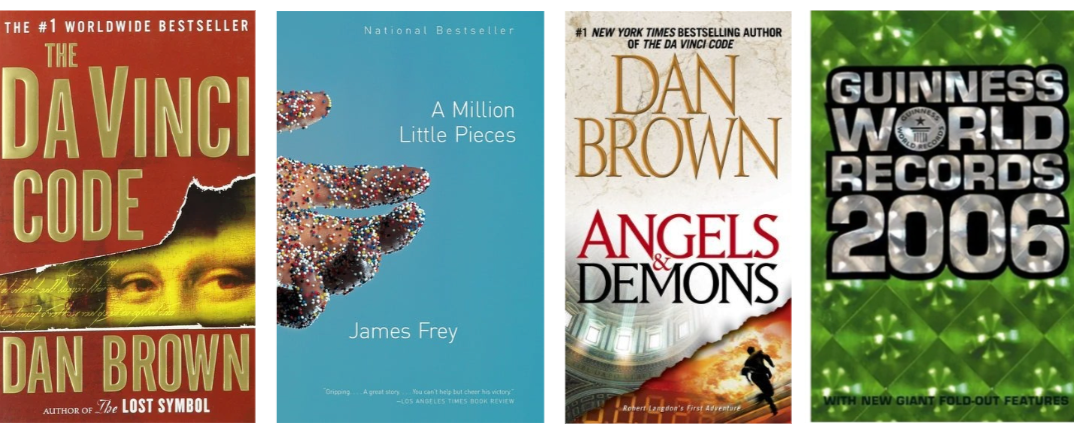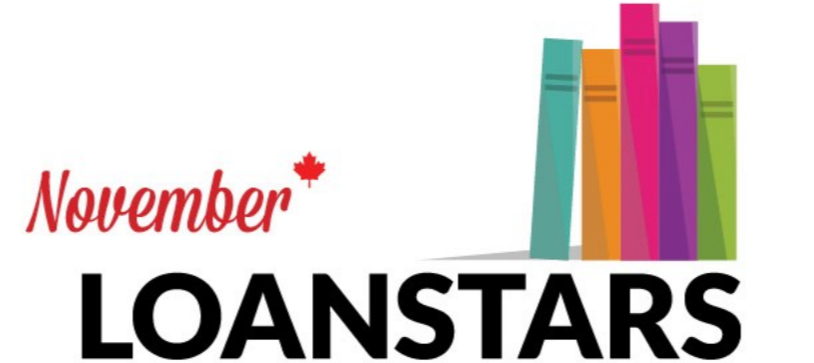It's holiday book-buying season. Do you know where your customers are?
According to our research, they're very much online. In recent years, there's been a fairly even split between those who buy their books online and those who buy in person. But the path to purchase is not necessarily a straight road; strategy tells us that "94% of Canadian shoppers will use a smartphone or tablet when holiday shopping this year" for a myriad of reasons not limited to purchasing — it includes things like adding to wishlists, sourcing coupons, product research, and price comparisons, all of which can happen in the lead up to an in-store purchase. In fact, according to Think with Google, last year "60% of holiday shopping occasions began online" and 65% of Canadian "holiday shoppers searched online before heading to the store."
So even if you're not selling books online, it's crucial to have an online presence to make contact with potential future book buyers. Yet, when we asked Canadian indie bookstores about their online presence for our What's in Store study, about three out of four reported that they don't have a website at all. What's a book buyer to do?
Creating a bookstore website is worth the trouble
Look, we get it. Maintaining a website is work and booksellers are busy enough as it is. Customers can get basic information from Google (business hours and location, for example), and your Facebook page is a perfectly fine place to list upcoming events and invite customers to chat with you. In fact, the indie booksellers who responded to our survey reported high positive ROIs for other methods of digital advertising, including email newsletters (83%), Facebook ads (64%), and Google ads (60%). But there's an argument to be made for having a website, including the following benefits:
Own your brand! If your travel bookstore is called Around the World in Eighty Books, it's in your best interest to own that domain. You don't want customers searching for your bookstore online and finding some irrelevant website using your bookstore name.
Provide customers with all the information on your business in one place. Don't make them hope that the information on Google is up-to-date or search your tweets to see if you're doing a Boxing Day sale. Your site can be a home for: e-newsletter signup; links to social media accounts; event listings; staff picks; new titles available; current or upcoming promotions and deals; and information on any number of super cool initiatives like the ones we shared in our innovative bookselling podcast series.
Make it easy for publishers, sales reps, and authors to find you. Your website can provide a sense of what you sell, who you are, and how awesome your digital marketing game is so you can snag the next big author event for your community.
Maybe sell some books? If you ever want to sell books online at some point down the road, you'll already be halfway there! (More on that below.)
Woozles has a great website.
How to get your website off the ground
So we've convinced you that having a website is worthwhile. Now what?
Website builders
There are lots of out-of-the-box solutions for creating a basic website so no one has to break out their rusty coding skills from the GeoCities days. WordPress, Squarespace (both of which are used for some of BookNet Canada's websites), and Wix are just a few options that can be free or cheap, unless you want top-tier templates or customization. Plus, all three of these hosts will also help you get the domain you want (i.e., your URL, like www.aroundtheworldineightybooks.ca), if it's available.
These website builders are all easy to use if you're generally comfortable on a computer. Most of the actual building is just drag-and-drop, with lots of fun widgets you can experiment with, and you can leave pages as unpublished drafts so you can preview and finesse until you're ready to launch.
An example of WordPress's backend courtesy of whichcmstochoose.com.
Other handy tools
BookNet Canada can help you provide content and tools to power your website:
BiblioShare's data distribution services can help you source data on books available in the Canadian market to display on your website, which is especially easy if you're using WordPress with our WordPress plugin. Want to dive into selling books online? We've got a Shopify plugin for just that purpose. Most of our services are 100% free and our team is always around to help you figure out the technical details.
Build custom catalogues on CataList (with a free retailer account!) to share on your website, e.g., for compiling staff picks, listing award winners, or your own curated list of holiday picks for new parents — the sky's the limit. Learn more about the free perks CataList offers for retailers.
Once your website is up and running
Launching a website is one thing. Keeping it going is entirely another. Here are some suggestions to keep in mind once your website is live:
Keep it up-to-date. There's nothing sadder than a neglected website, and letting a customer happen upon a piece of content that's a year old is a great way to turn them off. Make sure at least one person on your team is in charge of updating the website, document basic processes for how to update it, and make sure it's a part of your workflows. Planning a new author event? Add 'update the website' to your task list. If you're worried about keeping your website updated in a timely manner, you can stay away from content that decays quickly. For example, don't include a Weekly Staff Picks section unless you're ready to commit to that schedule. Can't keep up with all the events that you host? You can always just link to or embed your events that are hosted on Facebook, if that's where you like to add them. Integrations are your friend!
Track how it's doing. You can use Google Analytics to see what pages your customers are visiting, where your visitors are located, and lots of other fun stats to help you determine what's working and what might need changing.
Tell people about it! Don't forget to add your URL to receipts, bookmarks, flyers, social media accounts, and email signatures.
We hope that these tips help you get those websites off the ground, and that the findings are little more positive when we conduct our next State of Independent Bookselling survey in 2020. Good luck!
















The latest news out of the European Commission.